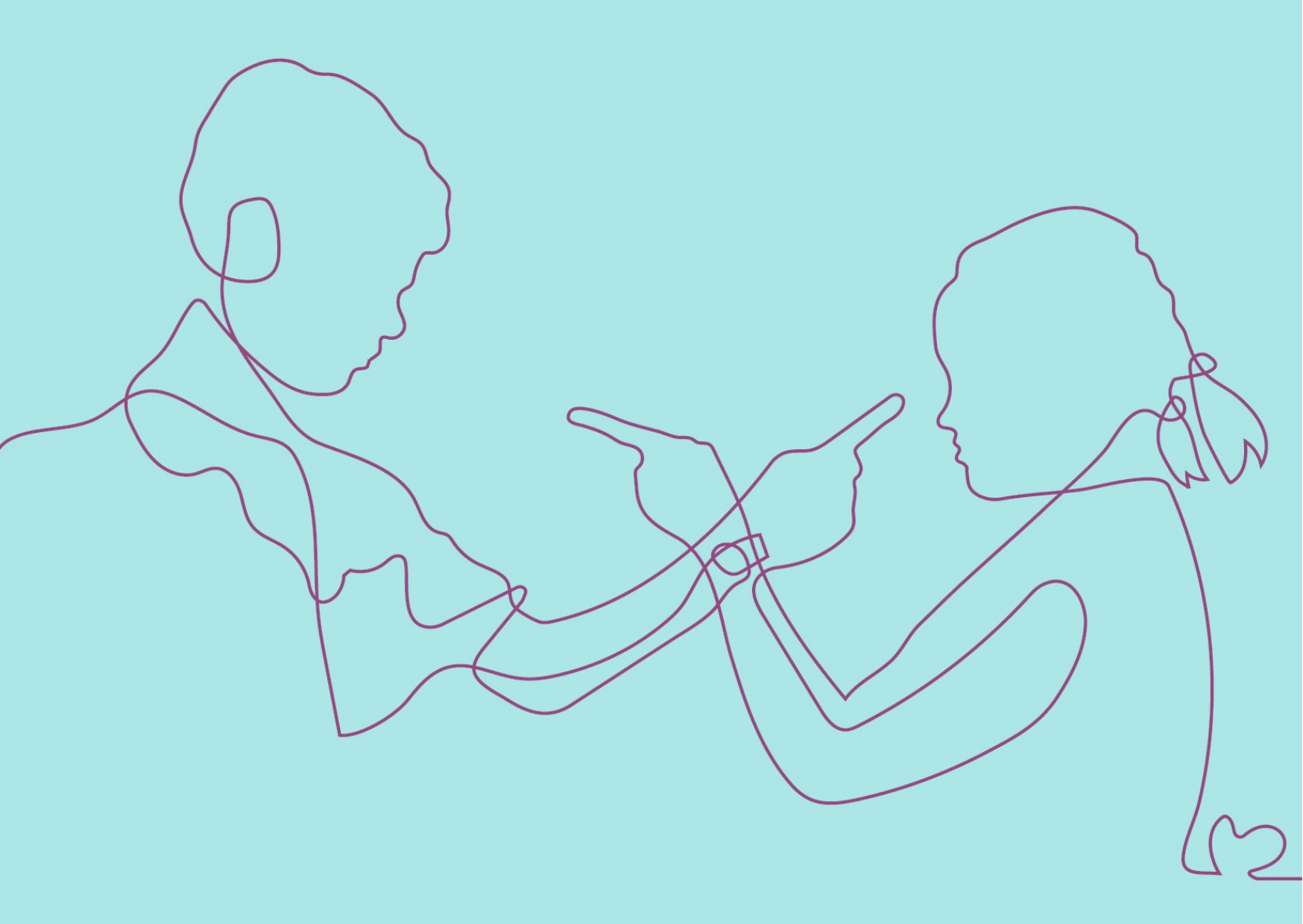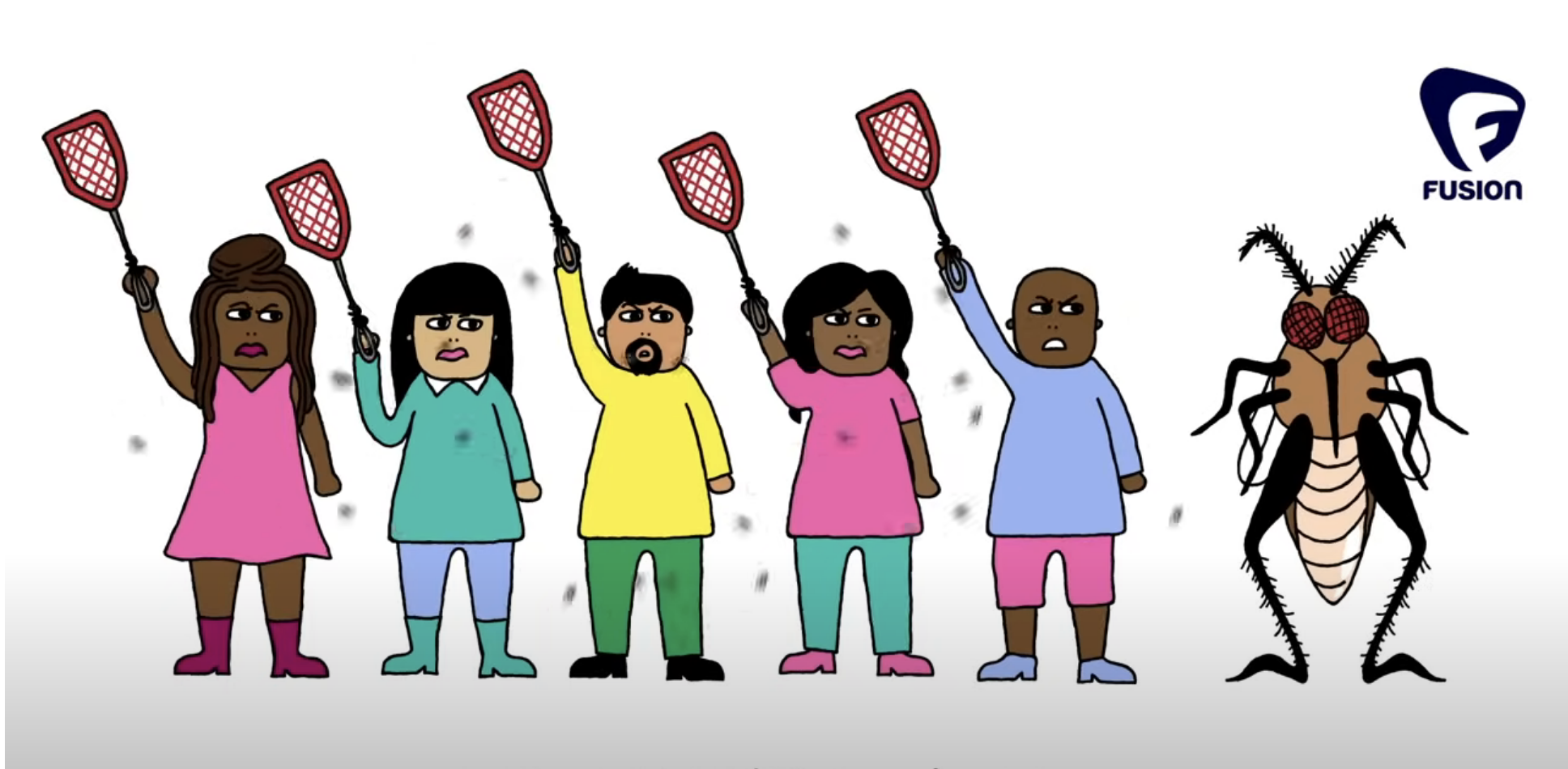The plan is partially based on an Amnesty International manifest (links to Dutch content) that the organisation asked all universities and universities of applied sciences to sign. In doing so, the universities promise to protect employees and students better from sexual violence.
WUR has chosen not to sign the manifest, ‘because we never sign manifests from other organisations’, says rector Arthur Mol. Instead, a meeting is scheduled for this fall, during which Mol and 16 partners (Idealis, Wageningen municipality, student associations, student sports associations) will present the WUR plan.
Ingrid Hijman, head of the Student Service Centre, has been working on the plan for some time: ‘Research by Amnesty (links to Dutch) recently showed that 11 per cent of the female 1 per cent of the male students in the Netherlands are raped during their time as a student. Wageningen responded as if this doesn’t happen here, but discussions with different associations paint a different picture. Moreover, there is also sexual intimidation among students but also between staff and students. This cannot be tolerated.’
Wageningen responded as if this doesn’t happen here, but discussions with different associations paint a different picture
Ingrid Hijman, head of the Student Service Centre
Through Let’s Talk About Yes Wageningen (LTAY), Judith Rommens is involved in the action plan. LTAY is a group of (former) students that calls on universities and universities of applied science on behalf of Amnesty International to take responsibility in fighting sexual violence. ‘For many, their time as a student is important in discovering sexuality and intimacy. That so many students are confronted with sexual violence during this stage of their lives is abhorrent. That is why we want universities to take whatever steps are necessary to protect their students and staff. We are very disappointed that WUR will not sign the manifest, particularly as there appears to be plenty of enthusiasm within the organisation. Many other education institutes will sign the manifest soon.’
WUR’s action plan is one of three steps. Hijman: ‘Key actions are, for example, offering students a bystander training. Employees who are in regular contact with students will be trained to handle sexual violence-related issues in a trauma-sensitive way. Moreover, the complaints procedure will be clarified for everyone within the education community.’
Do not dismiss
Reporting sexual violence and sexual intimidation does not always end well, says Hijman. ‘A survey conducted by Dawn Cheong under WUR-students revealed that some students are told that lodging a complaint could damage their career. Employees that have frequent contact with students must learn not to dismiss complaints and to address such reports adequately.’
WUR currently refers students who are harassed to the police, Hijman says. ‘In doing so, we are sending the message that addressing the issue is not up to us. But if a victim is in the same lecture room as the perpetrator, this can be very difficult. At the VU in Amsterdam, perpetrators and victims are not placed in the same lecture room. I don’t know what legal options we have, but we will find out.’
#LetsTalkAboutYes
Meanwhile, Amnesty wants to start the discussion on consent with the campaign #LetsTalkAboutYes. Rommens: ‘We have seen that students are often aware of what consent means and that it is important, but need practical information on how consent is asked and given. The fact that there is still a taboo on discussing sex is not helpful. We try to break through this taboo and provide tips.’
Hijman: ‘Students often blame themselves after a negative experience: I was drunk, I invited someone. But, if you don’t say “yes” to sex, you are, in fact, saying “no”. We want to offer education on this issue during the Annual Introduction Days. Student associations are also offering their members courses on this topic.’
We have seen that students are often aware of what consent means and that it is important, but need practical information on how consent is asked and given
Judith Rommens, Lets Talk About Yes Wageningen
The large majority of those who experience sexual violence and sexual intimidation are women. Hijman: ‘Almost all female students indicate they have been groped or have experienced undesired behaviour at some point. They are often told that the answer lies in following an assertiveness training or wearing different clothes. That seems strange, as the perpetrators are mostly men. A number of male students are now going to organise a campaign to address this. The campaign also focuses on male students who have experienced abuse or intimidation.’
#LetsTalkAboutYes stages various initiatives in different cities to draw attention to this issue at universities and universities of applied science. On Wednesday, the We stand for consent campaign takes place near Forum, and there is a pub quiz on consent in Café Loburg on Thursday evening.
Students who experience undesired behaviour can reach out to the student confidential counsellor. The counsellor is independent and everything you discuss with them is confidential. To make an appointment with the confidential counsellor send an e-mail to: vpstudent@wur.nl.

 Image Shutterstock
Image Shutterstock 

